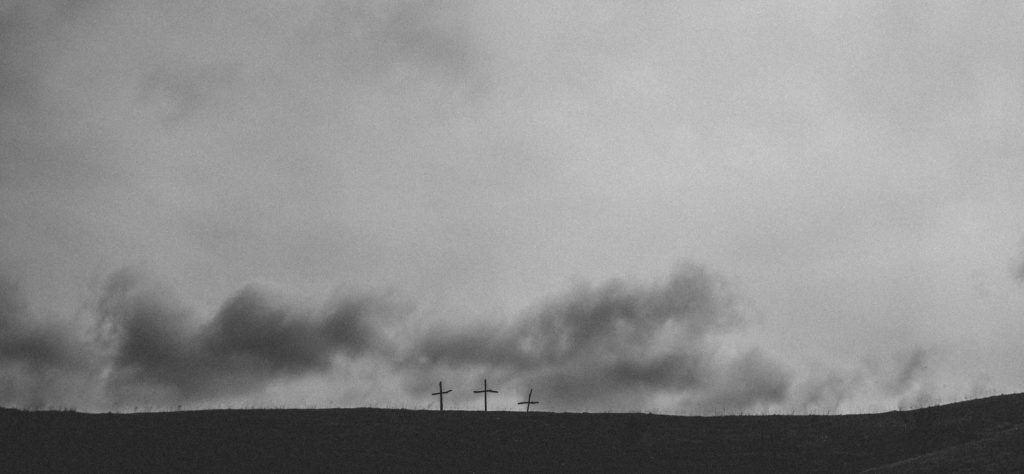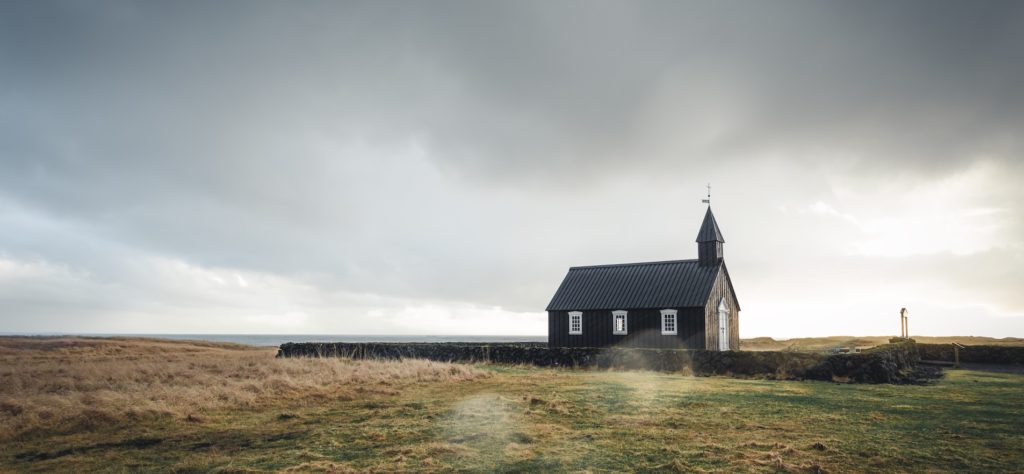Episode 125: An Interview with Lyle Wells – Empire vs. Kingdom Leadership
In this episode we sit down with the president of Integrus Leadership, Lyle Wells, to talk about “empire vs. kingdom” leadership and what it takes to remain resilient as leaders in a challenging environment. You can learn more about Integrus at www.integrus.org and by following @leadwithlyle and @integrusleadership.

Be sure to subscribe to our YouTube Channel and follow us on Instagram, Facebook and Twitter to stay connected with us throughout the week!
I think there’s a great exhaustion to come… people have been grinding for so long that at some point your body reacts…
For many leaders, their voice changed during the pandemic… we were focused on the crisis, as we needed to be… but my fear is that many leaders haven’t taken their eyes back up to the horizon…
Many organizations have also developed an addiction to adrenaline… and now it has become their identity and their purpose… for many, endurance has become the goal rather than effectiveness…
This is a season that ought to grow our ability to be resilient… we need to set our faces back towards our purpose and call and march boldly… but we also need to be still and wait for God to move…
We talk about taking “pit stops” that make the workload more manageable, because we know that the people in our organizations are fatigued…
One of the things we implemented is something we call “no meeting Mondays”… we were doing so much on Mondays that by the time 4:00 rolled around, they were already maxed out…
If there was one thing I could say to leaders, it is that “your tank is your responsibility”… as a leader, you have to develop a working knowledge of two things: 1) What do you look like when your tank runs low? And 2) What fills up your tank?
Kingdoms and empires are really interesting… we start with the basic premise that no one wants to be average… in ministry it is even more pronounced, because it’s not just a job but a calling…
We’ve noticed that on the journey people get stuck or they get scared… they need guides to help them overcome their challenges… the most pivotal decision we make when we step into leadership is whether we will be heroes or guides…
Problems accrue in organizations when leaders—who are supposed to be guides—turn into heroes… that’s when churches become empires… often this happens unintentionally…
The most fun you can have as a leader is investing in somebody and seeing them thrive in what God’s called them to do… but this is a fundamental shift for a lot of people…


